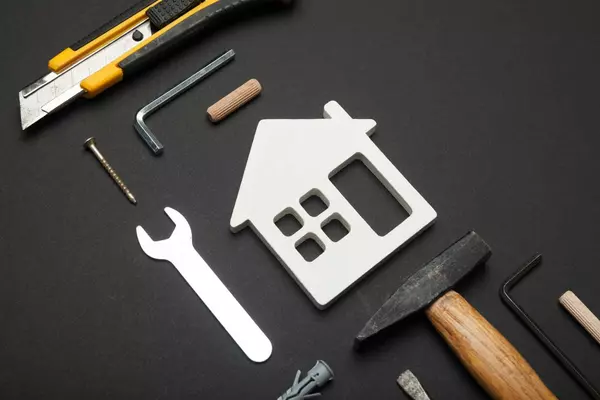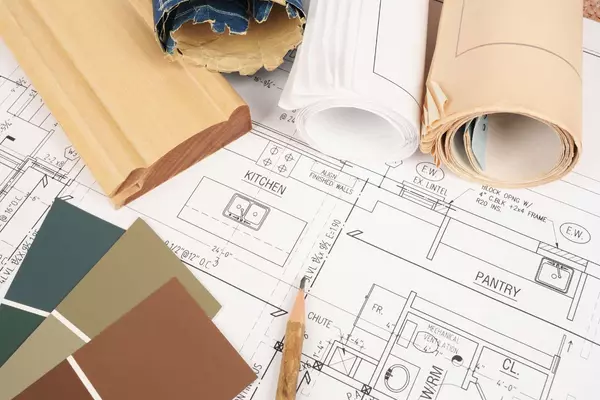
Year Round Maintenance Checklist
Maintaining a home can be a full-time job, especially with the changing seasons. A proactive approach to seasonal home maintenance not only keeps your property looking great but also prevents costly repairs down the line. Here’s a seasonal checklist to help you stay on top of home care all year rou

Renovations That Pay Off
When it comes to selling your home, the ultimate goal is to get the best return on your investment. One effective way to achieve this is through renovations that not only enhance your living experience but also boost your property’s market value. In this blog, we’ll explore the top renovations that

Boost Property Value: The Benefits of Community Involvement
Community Involvement Can Enhance Property Value When it comes to investing in real estate, buyers and sellers are always on the lookout for ways to increase property value. While renovations, upgrades, and location are often the focus, one aspect that is often overlooked is community involvement. E
Categories
- All Blogs (106)
- Credit & Mortgage Prep (6)
- First Time Home Buyer (15)
- Home Appraisal & Valuation (26)
- Home Buying (58)
- Home Selling (47)
- Luxury Homes (66)
- Market & Design Trends (9)
- Mortgage & Financing (4)
- Mortgage Rates & Trends (6)
- Moving & Relocation (2)
- Renting & Leasing (3)
- Special Property Types (6)
- Staging & Home Prep (16)
Recent Posts










